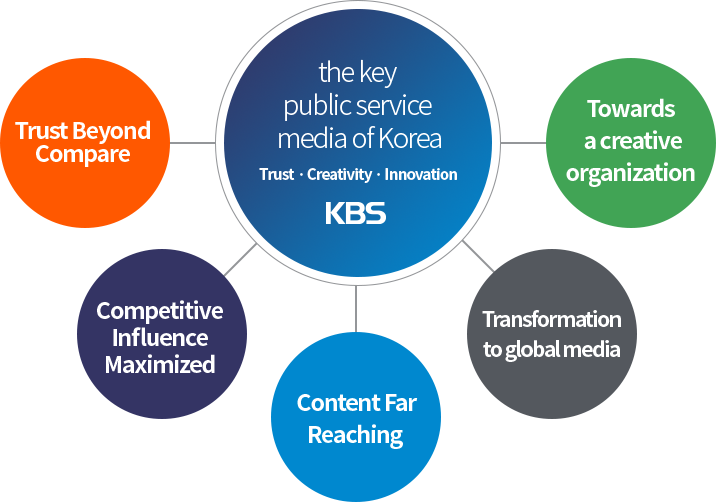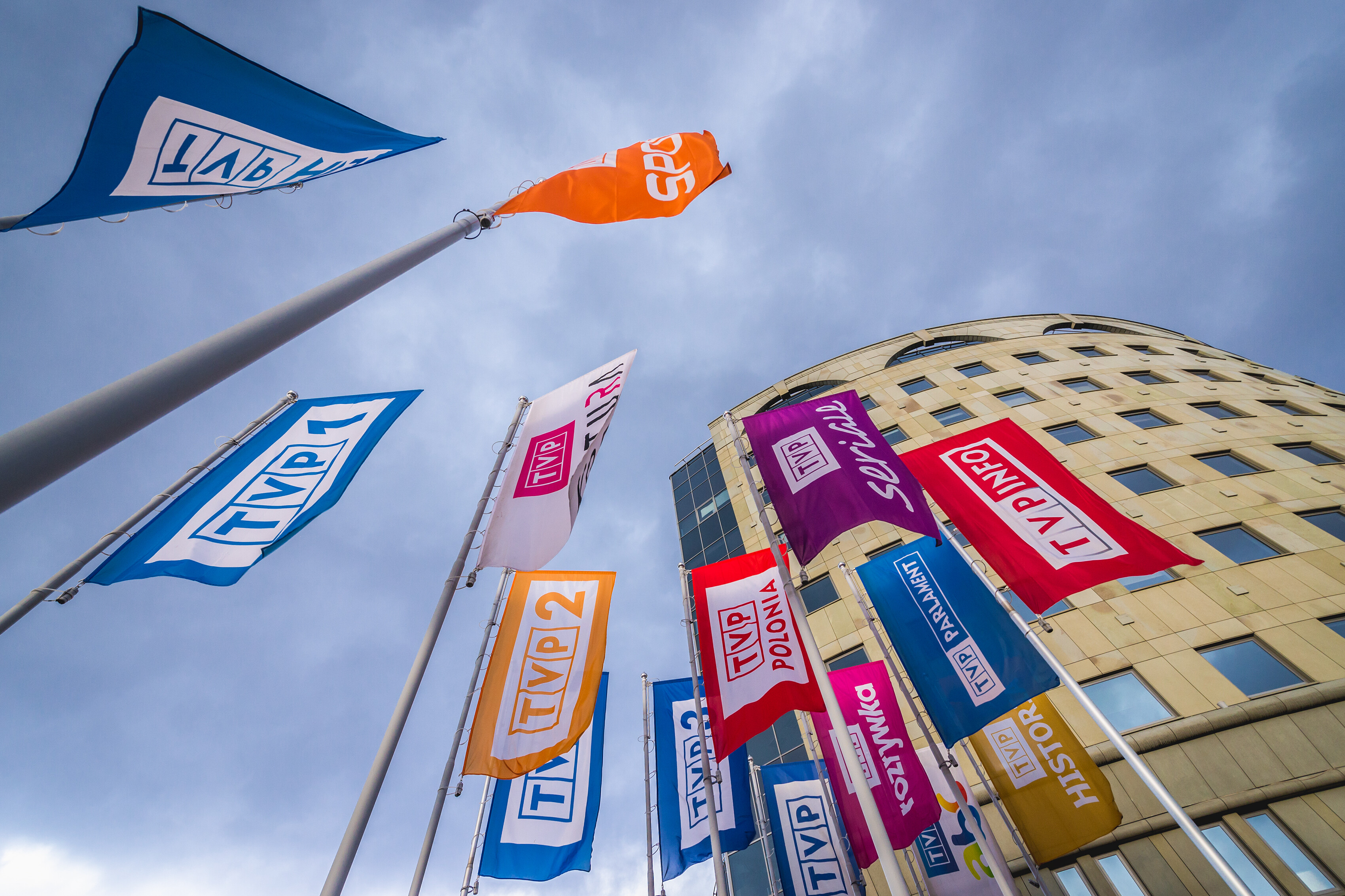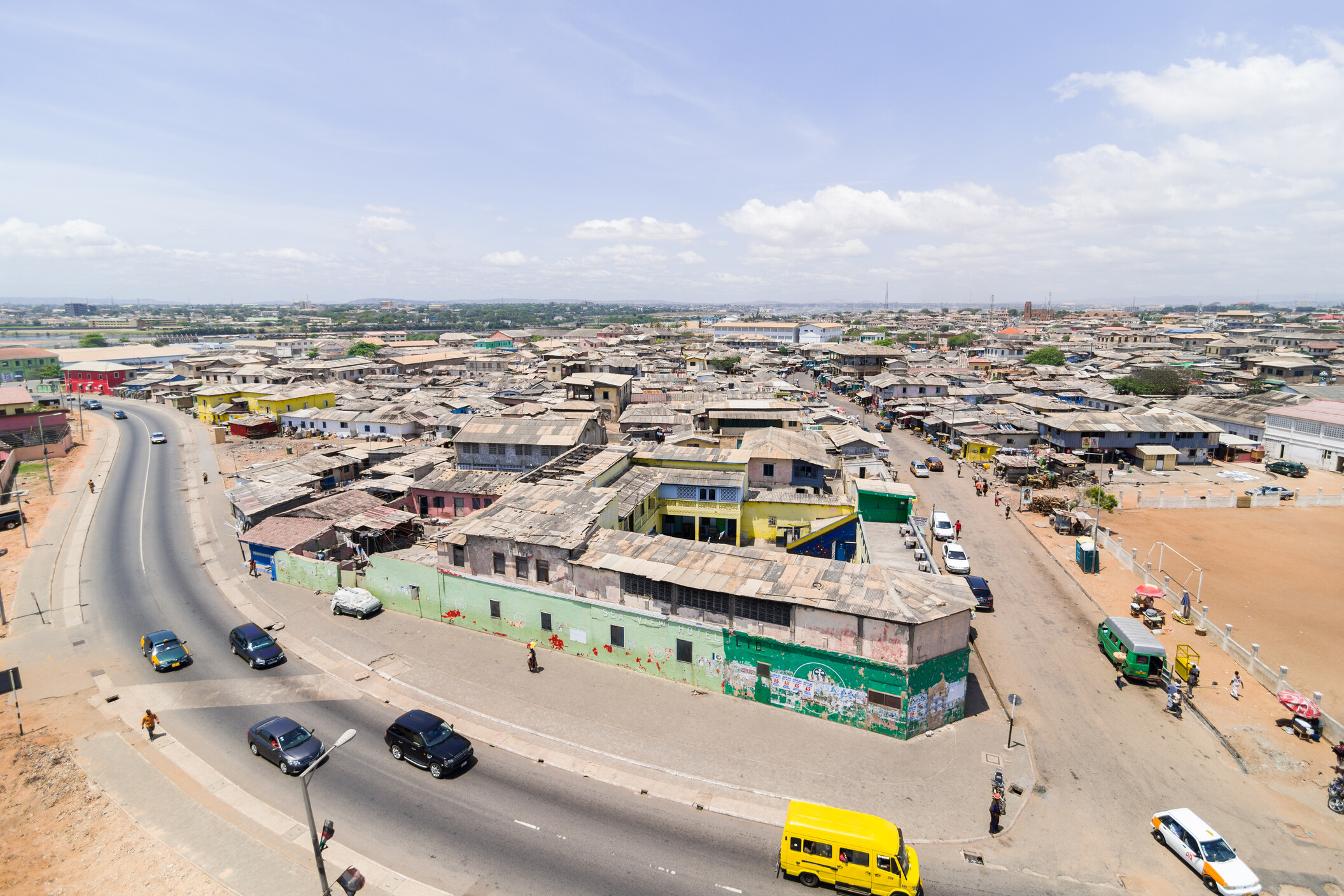Focus On PSM | Korean Broadcasting System
As the largest public broadcaster in South Korea, KBS has the highest reach among radio and television audiences. Here we take snapshot of its key characteristics, its role and the country’s wider media landscape.
By Nozomu Takeda
The Korean Broadcasting System (KBS) is the largest of South Korea’s three public broadcasters, which include the Educational Broadcasting System (EBS) and Munhwa Broadcasting Corporation (MBC). KBS was founded in 1927, and operates radio, television and online services. It’s trust from the public is high, and it was ranked the second most trusted media outlet in South Korea in 2019.
The broadcaster’s main revenue comes from a licence fee, which is set at 2,500 won (€1.85) per month and levied alongside an electricity fee, giving it a high collection rate. In 2017, around 45% of KBS’ revenue came from the licence fee, with another 25% from commercial advertisement sales.
In the midst of the COVID-19 pandemic, KBS has been providing trustworthy information by maintaining its 24-hour emergency operation of the COVID-19 Integrated Newsroom service. Mr. Yang Sung-dong, President & CEO of KBS, said that “KBS is aiming to bring accurate news reports, not a fruitless competition for breaking news.” With these continuous efforts, KBS was selected as the most trusted Korean media during the country’s lockdown. Furthermore, the majority of people (52.4%) watch TV as their preferred way of obtaining information on the Coronavirus in South Korea.
According to the latest Reuters Institute Digital News Report, KBS enjoys the highest weekly reach (50%) out of all radio, television and print outlets and the third highest reach out of all online news brands (26%).
The public broadcaster has also expanded its content for non-Korean speaking audiences by replicating “all essential news and information about the nation’s response to the Coronavirus” to its international platforms KBS World TV, KBS World 24 TV and KBS World Radio and their streaming services. It has also introduced more foreign language subtitles to these channels.
Another strength of KBS is its investment in data journalism. KBS established its data journalism team in 2015. The team’s senior reporter Kim Taehyung says that “data journalism takes time and costs a lot. It sometimes takes six months to complete one article. But the strength of data journalism is that most of our articles are investigative stories with unique perspectives.”
But the utilisation of quality data journalism isn’t new to KBS. During the 2012 presidential election, which was labelled the first “social media election” in South Korean history, the KBS reporting team found that both dominant political camps campaigned illegally on Twitter in an attempt to manipulate public opinion. The KBS reporting team identified 900 million Korean language tweets from July to December 2012. Their investigation found that the two parties used automated programmes to post on Twitter throughout the campaign.
Read more: KBS’ Election 2020 Results Coverage
A significant challenge for KBS is its financial situation, which has been exacerbated by the COVID-19 pandemic. In a statement in April, Yang Sung-dong, told staff: “KBS has been suffering its most severe financial difficulties in recent years. The financial situation of KBS could get even worse as the Coronavirus crisis has a growing impact on the global market including the economy of Korea.” As a result, the CEO, announced that he will set out a plan to develop strategies to overcome the continuing financial difficulties. KBS previously considered an increase to the licence fee last year, but decided against the proposals due to public criticism. The CEO is now facing a difficult decision as to how best to maintain KBS’s quality as a trusted public broadcaster while ensuring a sustainable future.
In May 2020, KBS became the eighth member of the Global Task Force for public media. The industry led initiative was formed to “develop a consensus and single, strong voice around the issues and challenges facing public media worldwide”.
The broader picture
South Korea scores highly for press freedom compared to many East Asian countries, with a current ranking of 42/180 in RSF’s World Press Freedom Index. Such freedom has allowed for a competitive and robust news media landscape, with journalists able to effectively hold both government policy and corporations to account, as proven in a number of high-level corruption cases in recent years. It is also one of the few countries in Asia to have a consolidated public media system. The current government of President Moon Jae-in has ended a long running dispute in which journalists objected to public broadcasting bosses “being foisted on them by the government”, according to RSF.
Yet despite its ranking, the country’s defamation laws have been criticised for inspiring a degree of self-censorship among journalists, with some facing political interference from media managers and the government according to Freedom House. At their most extreme, the laws allow for up to seven years in prison. The same overview also highlights so-called “fake news” laws, which have led to complaints regarding undue pressure against those writing articles that are critical of the government.
Despite these challenges, the press freedom environment has rapidly improved since 2016, when it fell to 70th in RSF index.
Related Posts
12th May 2020
Global Task Force for public media welcomes South Korea’s KBS
The Global Task Force for public media…




